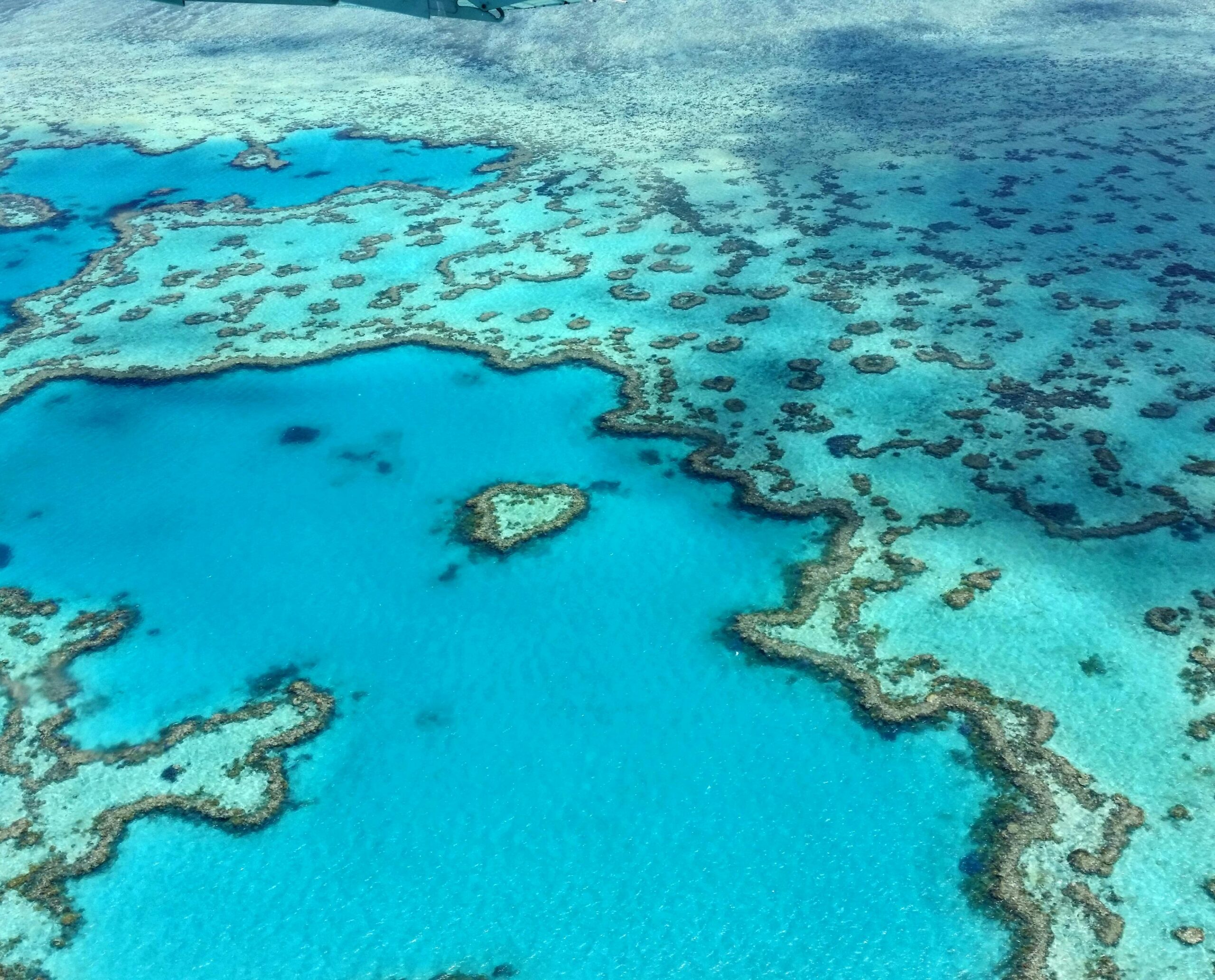

Australia, with its stunning landscapes, vibrant cities, and unique wildlife, is a dream destination for many travellers. But before you pack your bags, there are a few important things to know that will help you make the most of your trip. From visa requirements to local customs, here are eight essential things you should know before traveling to Australia.
1. Visa Requirements
No matter where you’re from, you will most likely need a visa to enter Australia. The type of visa you need depends on your nationality and the purpose of your visit. Most tourists will apply for an Electronic Travel Authority (ETA) or eVisitor Visa, which allows stays of up to 3 months. Make sure to apply for your visa well in advance of your trip, as processing times can vary.

2. Australia is Huge—Plan Your Itinerary Accordingly
Australia is the sixth-largest country in the world, and distances between major cities can be vast. For example, the drive from Sydney to Perth can take several days, and even flying across the country takes hours. To make the most of your trip, focus on one or two regions, unless you have several weeks to explore. Popular routes include the East Coast (Sydney, Melbourne, Gold Coast, and Great Barrier Reef) or the Outback (Ayers Rock, Alice Springs).

3. Weather Varies by Region
Australia’s climate is diverse, so make sure to check the weather for the specific areas you’ll be visiting. The northern part of the country (including Darwin and Cairns) has a tropical climate with a distinct wet and dry season, while the southern cities (such as Sydney and Melbourne) experience more temperate weather with four seasons. Keep in mind that Australia’s summer runs from December to February, while winter is from June to August.
4. Wildlife Awareness
Australia is famous for its wildlife, including kangaroos, koalas, and some of the most venomous snakes and spiders in the world. While the chances of encountering dangerous animals are slim, it’s wise to be aware of your surroundings. Always follow local advice when hiking or swimming, and be cautious in rural or bush areas. If you’re heading to the beach, look out for signs about jellyfish, sharks, or strong currents.
5. Currency and Payments
The official currency in Australia is the Australian Dollar (AUD). Credit and debit cards are widely accepted across the country, and contactless payments like Apple Pay and Google Pay are becoming increasingly popular. However, it’s always a good idea to carry some cash, especially if you’re visiting more remote areas or markets where card payment might not be available. ATMs are common in cities and towns, but fees may apply depending on your home bank.

6. Tipping is Not Mandatory
Unlike some other countries, tipping in Australia is not a standard practice, although it is appreciated. In restaurants, rounding up the bill or leaving a small tip (around 10%) is common if you’ve received good service, but there is no obligation. Workers in Australia generally receive a fair wage, so tipping is seen as an extra gesture rather than an expectation.
7. Public Transport is Excellent in Cities
Australia’s major cities, including Sydney, Melbourne, Brisbane, and Perth, have efficient public transport systems, including buses, trains, ferries, and trams. Most cities use a contactless travel card system, such as Opal in Sydney or Myki in Melbourne, which you can top up and use on all forms of transport. If you’re planning to travel between cities, flying is the fastest option, though buses and trains are available for scenic routes.

8. Health and Safety Precautions
Australia is a relatively safe country, but it’s always smart to take precautions. The sun in Australia is especially strong, so wearing sunscreen, sunglasses, and a hat is essential. Dehydration can be a risk, particularly in the Outback, so drink plenty of water and stay cool. While medical care in Australia is excellent, it’s recommended to have travel insurance that covers health care, as medical services can be expensive for visitors.


